‘Aroused’ recounts the fascinating history of hormones
The new book "Aroused" demystifies hormones, the chemicals that put the zing into life.
Every print subscription comes with full digital access

CAR-T cell therapy was approved by the FDA in late 2017. Now, scientists are working to tame the cancer treatment’s side effects.
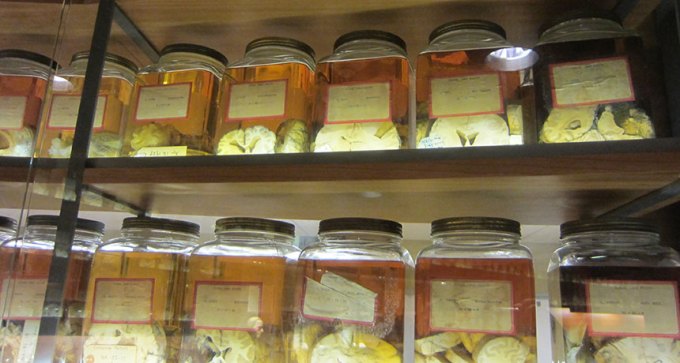
The new book "Aroused" demystifies hormones, the chemicals that put the zing into life.
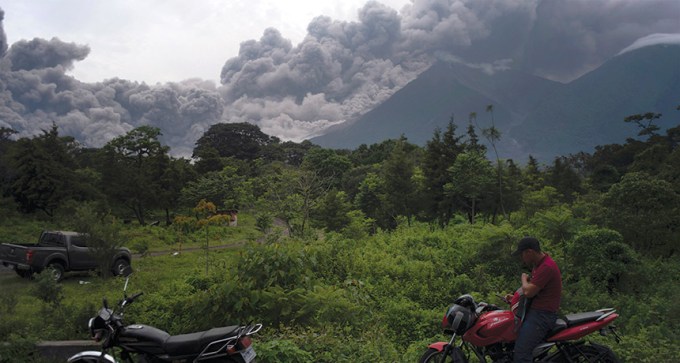
Scientists gathered data on nearly 280,000 global volcano deaths from 1500 to 2017 and sorted fatalities by cause of death, such as lava flows or gas.

A car’s interior can get lethally hot on summer days, even when it’s parked in the shade.

Scientists and journalists share a core belief in questioning, observing and verifying to reach the truth. Science News reports on crucial research and discovery across science disciplines. We need your financial support to make it happen – every contribution makes a difference.
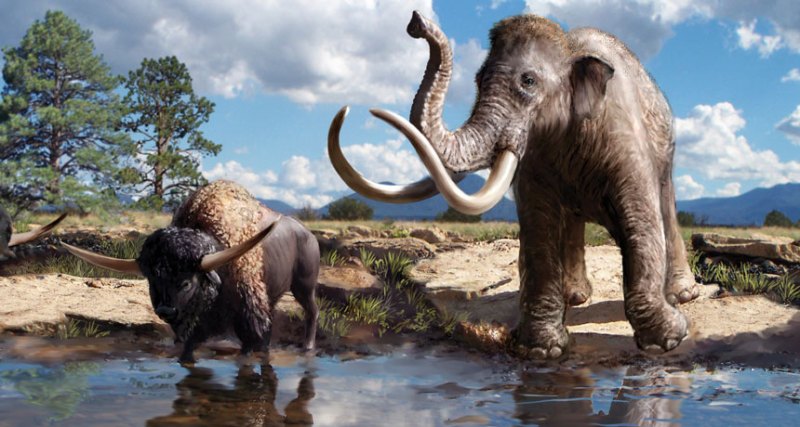
Critics are still unconvinced that a comet caused a mysterious cold snap 12,800 years ago.

A new study calculates the bonus for the planet of choosing more foods from plants.

Dogs in China carry a wider variety of flu viruses than previously thought, and may be capable of passing the flu to humans.
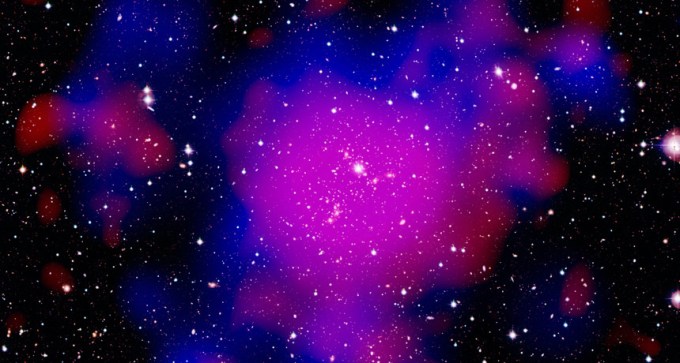
Fusing dark matter particles might explain why galaxy cores have evenly distributed dark matter.
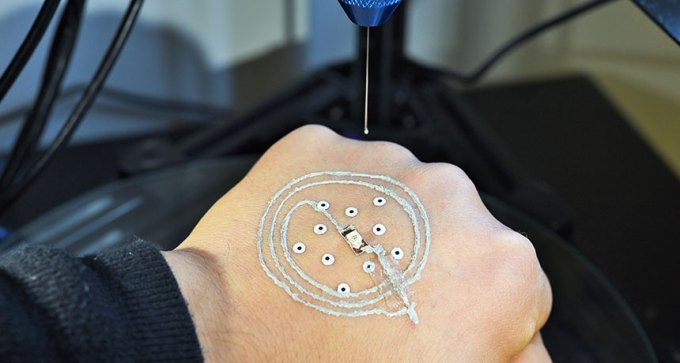
A new 3-D printer that tracks and compensates for your slightest twitch can precisely print simple electronic devices onto your skin.

Tropical cyclones are moving 10 percent slower, on average, than they did in the mid-20th century, potentially making them more dangerous.
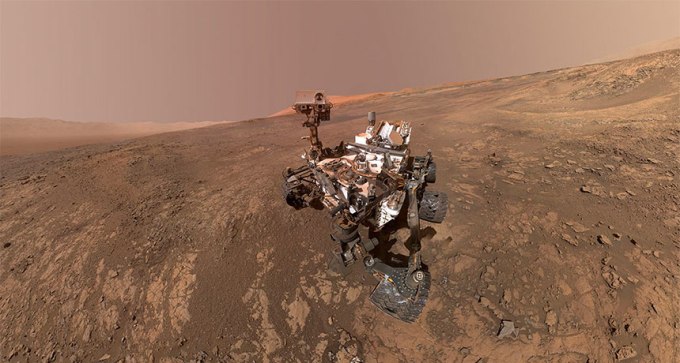
The Curiosity rover found seasonally changing methane in Mars’ atmosphere and more signs of organic molecules in an ancient lake bed.
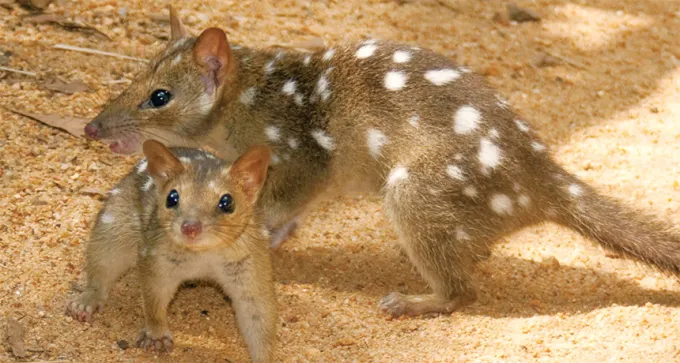
After 13 generations isolated from predators, the endangered northern quoll lost its fear of them.
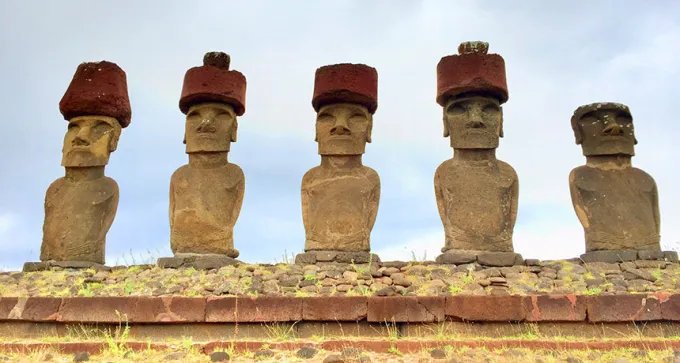
A small workforce may have put huge stones on the heads of Easter Island statues.
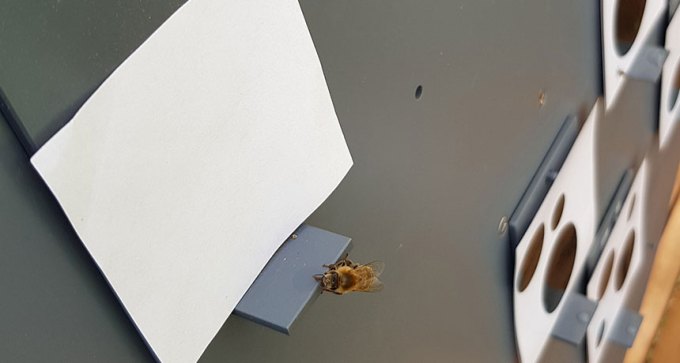
Honeybees can pass a test of ranking ‘nothing’ as less than one.

Suicide rates increased sharply in nearly all 50 states from 1999 to 2016, according to a new government report.

The artificial intelligence can ignore background noise in videos and focus on what a particular person is saying.
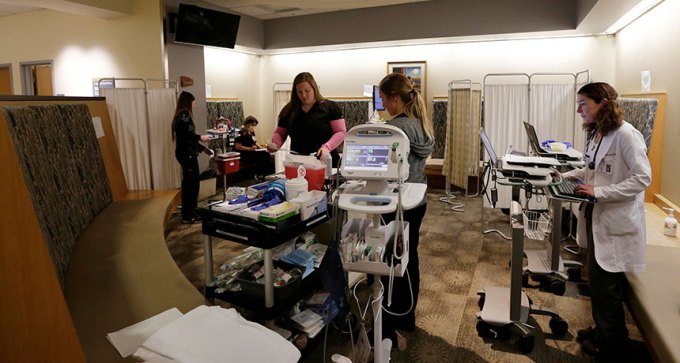
The recent U.S. flu season was classified as highly severe overall, the third time since 2003 that the seasonal outbreak has earned that designation.

Sunlight created oxygen-rich oil by-products that are still hanging around eight years after the Deepwater Horizon spill.
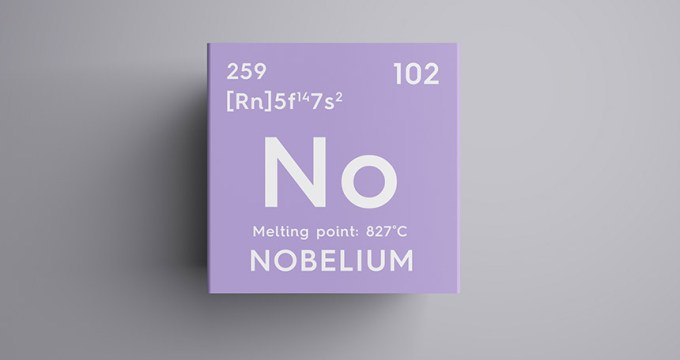
Three nobelium isotopes have oblong nuclei, and some sport a ‘bubble’ center.
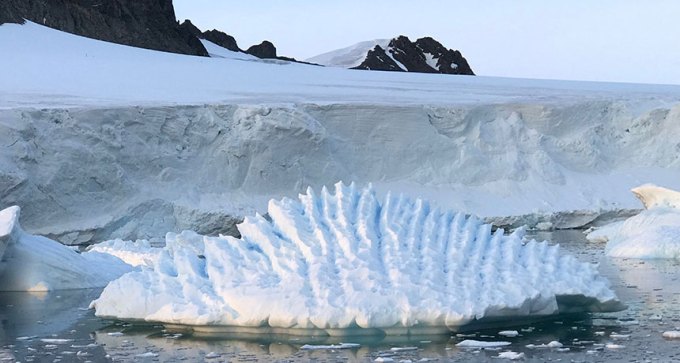
Antarctica’s rate of ice loss has sped up since 1992 — mostly in the last five years, raising global sea level by almost 8 millimeters on average.
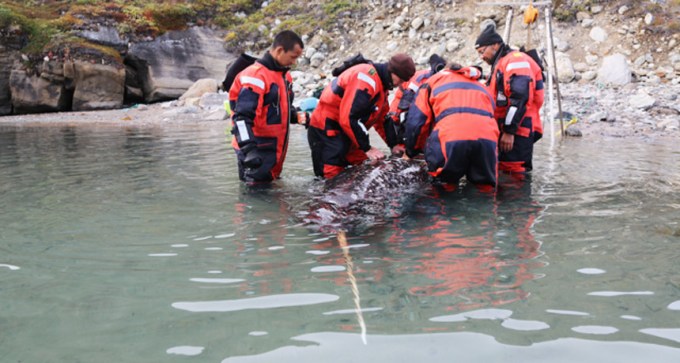
Scientists eavesdropped while narwhals clicked and buzzed. The work could help pinpoint how the whales may react to more human noise in the Arctic.

Trapped in amber, 99-million-year-old frog fossils reveal the amphibians lived in a wet, tropical climate.

A new technique pinpointed three planets forming around a young star about 330 light-years from Earth.

Researchers are using smartphones to tap into the ups and downs of suicidal thinking that occur over hours and days, hoping to help prevent suicides.
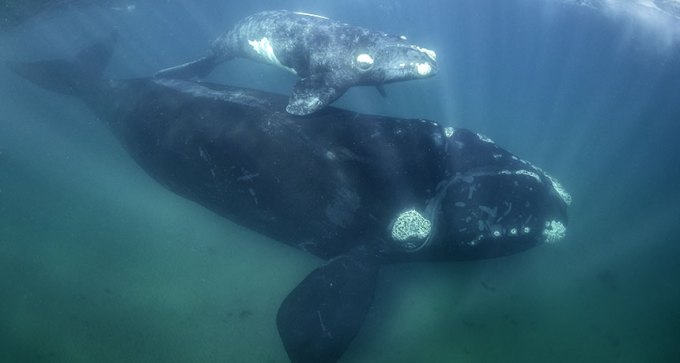
"Spying on Whales" retraces the evolution of cetaceans, explaining how they came to be some of Earth’s largest creatures.

‘Genetics in the Madhouse’ reveals how human heredity research began as a statistical science in 19th century insane asylums.

50 years ago, a Japanese engineer tried rocket boosters on a train. Today, high-speed trains propelled by superconducting magnets are being tested.
Subscribers, enter your e-mail address to access the digital replica edition.